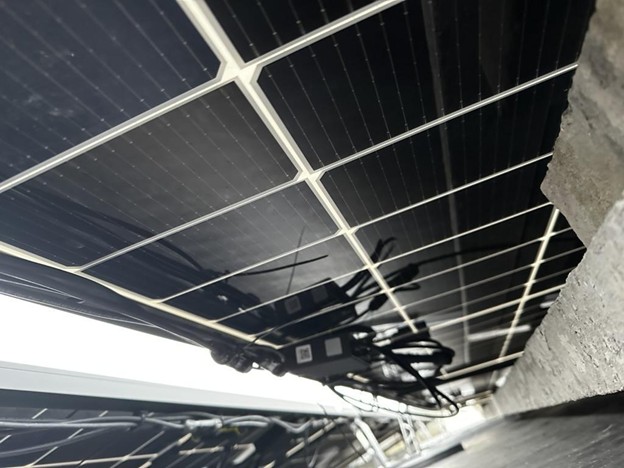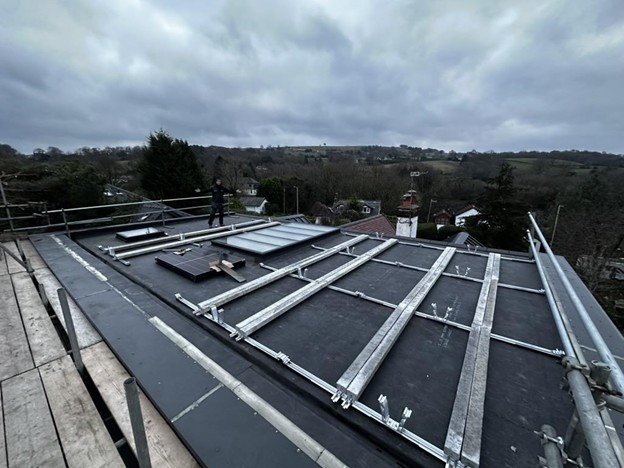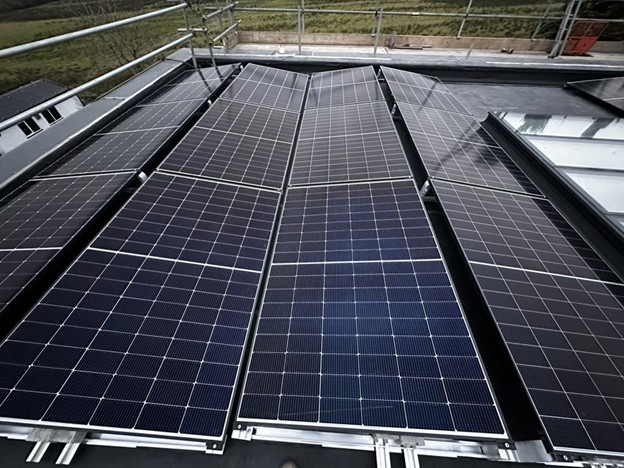Considering the transition to solar energy for your home is a significant decision with long-term implications. As renewable energy gains momentum, many homeowners find themselves contemplating whether solar is the right fit for their needs.
In this blog, we'll explore key factors to help you determine if solar energy aligns with your home and lifestyle.
Assess Your Energy Needs: Begin by evaluating your current energy consumption. Understand your monthly electricity usage patterns, peak times, and areas where energy is predominantly utilised. This insight will guide the size of the solar installation you may require.
Examine Your Location: Solar viability is influenced by your location and the amount of sunlight your region receives. Assess the average daily sunlight hours, considering factors like shading, climate, and local weather patterns.
Evaluate Roof Suitability: Determine if your roof is suitable for solar panel installation. Consider aspects such as its orientation, tilt, and structural integrity. South-facing roofs with minimal shading tend to be optimal, but advancements in technology allow for installations on various roof types.
Financial Considerations: Explore the financial aspects of solar adoption. Assess your budget, available incentives and financing options. Calculate the return on investment (ROI) over the system's lifespan to ensure it aligns with your financial goals.
Incentives and Rebates: Research available incentives and rebates in your region. Government programmes, tax credits, and utility incentives can significantly offset the initial costs, making solar more financially attractive.
Environmental Impact: Consider your commitment to environmental sustainability. Solar energy significantly reduces carbon footprints and dependence on non-renewable resources. If contributing to a greener planet aligns with your values, solar may be an excellent choice.
Maintenance and Long-Term Benefits: Solar panels are known for their low maintenance requirements. Assess the long-term benefits of reduced electricity bills, potential resale value increase, and energy independence. Understanding these advantages helps paint a holistic picture of solar investment.
Consult with Solar Professionals: Engage with reputable solar professionals or companies for a comprehensive evaluation of your home's solar potential. They can provide personalised insights, conduct site assessments, and address specific concerns, ensuring an informed decision-making process.
Making the switch to solar energy is a transformative journey that requires careful consideration. By evaluating your energy needs, understanding your location, assessing roof suitability, and considering financial aspects and environmental impact, you can determine if solar energy is the right fit for your home.
Don’t forget, that there are professionals to guide you through the process, making the transition smooth and rewarding.
.png)




.png)




.png)




.png)






Solar optimisers have become one of the most important innovations in solar PV. They promise higher efficiency, improved safety, and smarter control. But do they work as advertised?

At ArchaiPower, we believe solar technology should not just produce energy—it should do so intelligently. Solar optimisers are key to making your system work smarter, rather than harder. Here’s why adding optimisers is one of the most effective upgrades for any solar installation.

Maximum Power Point Tracking (MPPT) ensures solar panels deliver peak performance in all conditions by constantly adjusting to sunlight, shading, and temperature. When paired with Archai optimisers, MPPT maximises efficiency, improves ROI, and guarantees reliable energy generation — even on shaded UK rooftops.